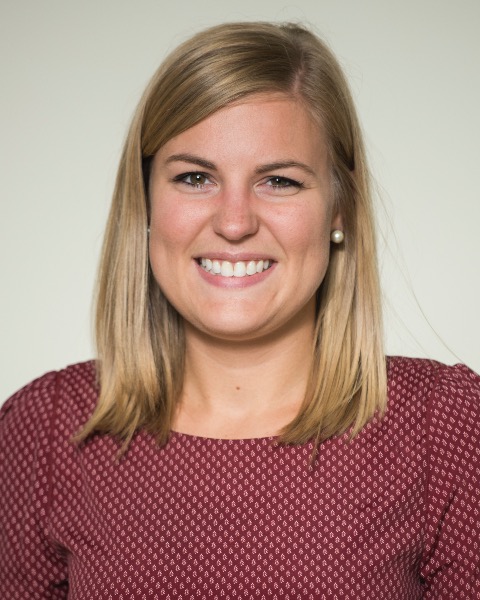Medical Education
Session: Medical Education 1
521 - The Duke Paired Undergraduate Mentoring Program in Uronephrology: PUMPing up the Research Workforce
Friday, May 3, 2024
5:15 PM - 7:15 PM ET
Poster Number: 521
Publication Number: 521.193
Publication Number: 521.193

Loryn Dass, MD MPH
Pediatric Nephrology Fellow
Duke Children's Hospital
Durham, North Carolina, United States
Presenting Author(s)
Background: There is a looming nephrology clinical and research and urology research workforce crisis. Attrition is high in the STEM career pipeline, especially among students from underrepresented minority backgrounds and women. The Social Cognitive Career Theory outlines self-efficacy beliefs and outcome expectations as drivers of students’ career-related goals. Feelings of self-efficacy are important determinants for motivating a student for a career in science. We developed a pipeline program designed to instill feelings of self-efficacy and demonstrate the potential for students to become scientists in STEM fields through triangular mentorship.
Objective: The Duke Paired Undergraduate Mentoring Program in Uronephrology (PUMP) aims to implement a mentored summer research enrichment program to develop interest and ultimately clinical and research careers in uronephrology among a diverse cohort of undergraduates. We describe short term outcomes from Duke PUMP in uronephrology.
Design/Methods: PUMP is an R25 funded by the NIDDK that uses a triangular mentorship model with a named junior mentor providing day-to-day oversight coupled to a senior investigator providing overall mentorship. After the summer in-person research, participants have professional development and networking sessions throughout the year and are invited to return for a second summer for project continuation. We used surveys to assess feelings of self-efficacy, identification as a scientist, and mentor support among the first set of participants. Surveys were collected anonymously before the start of the program and again at the end.
Results: We recruited students through partnership with STEM undergraduate and minority-serving institutions throughout the Southeastern U.S. Eleven students applied and four were invited to participate. All four participants are female, three are from underrepresented groups, and two are from HBCUs. The most common reasons for choosing to participate were “to gain practical experience for a future career” and “it sounded interesting.” The largest positive change was seen in “I have a strong sense of belonging to the community of scientists.” The area lacking positive change was “I am able to work through obstacles or challenges.” The areas of largest reported benefit gain were in learning laboratory techniques and understanding how scientists work on real problems.
Conclusion(s): Short-term data from the inaugural cohort of Duke PUMP participants exhibited an increase in participant feelings of belonging to the scientific community which is predictive of persistence in scientific research.
